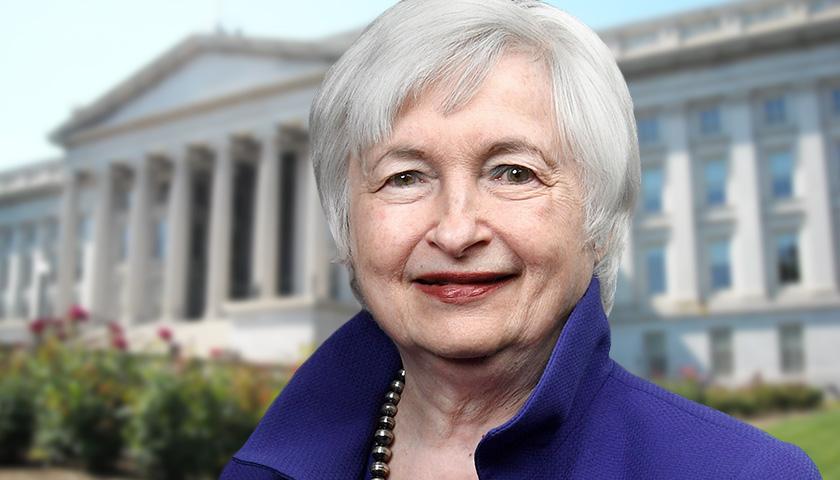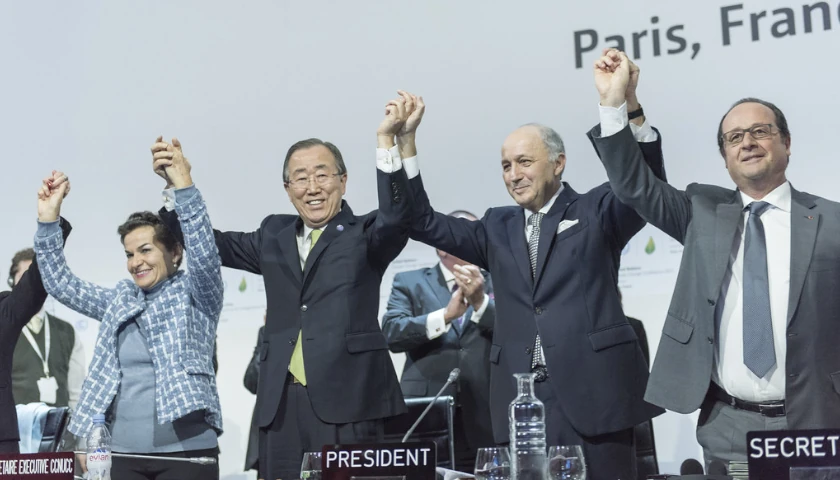by Kenneth Rapoza
A recent Daily Mail poll showed 54 percent of voters support Trump’s proposal to put 10 percent tariffs on most imports, from China or not. This is sacrilege to American free traders.
The free-trade globalization crowd – who saw the 80s up to early 2000s as their heyday– believe in a world that does not exist the way they say it does on paper. Do you think Germany allows Ford Mustang’s into their country tariff free? EU charges Ford a 10 percent tariff, four times what we charge their automakers.
 If Bell Helicopter wants to export helicopters to India, they pay tariffs. Those tariffs are increasing. If India wants to export one, they pay $0 in tariffs. Bell makes helicopters in India for the locals. If they wanted, they could use Indian labor to make helicopters for Americans, at great loss to U.S. labor, and further eroding the aviation manufacturing skillset in our labor market. When American manufacturers say they can’t find workers, that’s one reason why.
If Bell Helicopter wants to export helicopters to India, they pay tariffs. Those tariffs are increasing. If India wants to export one, they pay $0 in tariffs. Bell makes helicopters in India for the locals. If they wanted, they could use Indian labor to make helicopters for Americans, at great loss to U.S. labor, and further eroding the aviation manufacturing skillset in our labor market. When American manufacturers say they can’t find workers, that’s one reason why.
Imports will always exist, and economic integration is fine. But clearly the populations of the West are majority against corporate globalization because it does not favor their labor.
Some political leaders get it now. Sen. Marco Rubio (R-Fla.) is rethinking old school globalization. He recently explained his views in The Washington Post.
A combination of tariffs, quotas, and tax incentives for key industries, as was done with the CHIPS Act, give companies like Micron a reason to invest long term. That increases the industrial base and the manufacturing know-how of the domestic labor force.
There is the old, dying view of globalization, and the new, evolving one. The old view says:
- Trade Deficits Don’t Matter
Imbalanced trade is okay, they say. If we import $1 billion from China, they don’t have to import $1 billion from us. The U.S. has pervasive, massive trade deficits with China, Mexico, the EU, Japan, South Korea, India and even Vietnam. If you want to understand how trade imbalances lead to financial, social and geopolitical crises, read Michael Pettis’ book The Great Rebalancing.
The old view says as long as trade is voluntary, trade is a win. It’s one thing to happily import gears and tires to make bicycles in Oregon. It’s another to import the entire bike, even though the company was once happily making them in Oregon but now someone is paid $9,000 annually in Vietnam to do it.
- Imports Don’t Take American Jobs
False. If the U.S. imports solar panels, sure we have people designing solar power plants, installing rooftop solar and probably buying American steel to put the panels onto. This is true.
But if the U.S. increases imports to meet demand, it means less local production is serving that demand because imports are replacing them. You end up with less solar manufacturers; a solar apocalypse. Why have domestic solar when you can import for less? Well, for starters, you become import dependent on a renewable energy technology at a time when the country is moving to solar energy.
- No One Wants to Work in a Factory
Developing world peoples toil in factories making our Frigidaires; it’s terrible. But if the Mexicans were not making things for us, they would be forced to grow agave and live as a poor farmer. First, many people might prefer growing agave (which is now quite chic, I hear) than working indoors sewing jeans for H&M. Second, I bet America auto union workers are happy making Ford F-150s. Consult the non-union workers in Alabama making kitchen cabinets thanks to tariffs against Chinese dumpers on whether they’d prefer working at Lowe’s, selling Asian-made cabinetry they once made.
This notion that the Chinese want to make apps now instead of laptops forgets that making both of those things helped China grow rich. Importing them would not have.
Janet Yellen has been “red pilled” on trade. She admitted the U.S. might need tariffs if we want an EV industry.
A 2021 International Trade Commission report said America’s big free trade deals were winners for multinational corporations. They found negligible benefits for the economy overall, refuting decades of extravagant claims by free traders.
– – –
Kenneth Rapoza is a former staff correspondent for the WSJ in Brazil and wrote about the BRICS for Forbes from 2011 to 2023. He is an industry analyst for the Coalition for a Prosperous America.
Photo “Janet Yellen” by U.S. Department of the Treasury; background Photo “U.S. Department of the Treasury” by AgnosticPreachersKid. CC BY-SA 3.0.






There is no such thing as free trade.
We can only aspire to fair trade.
Wall Street, K-Street and DC created this mess.
Don’t worry, it all works out on paper.
By the way, China gave the World a little item called the BRICK.
This little item helped to build the Great Wall of China as well as London using the BRICK to rebuild after the fire that raced through London.
Keep calling China and Russia stupid and keep playing catch-up.
Also, Russia is developing a CANCER Vaccine unlike the US/Wall Street.